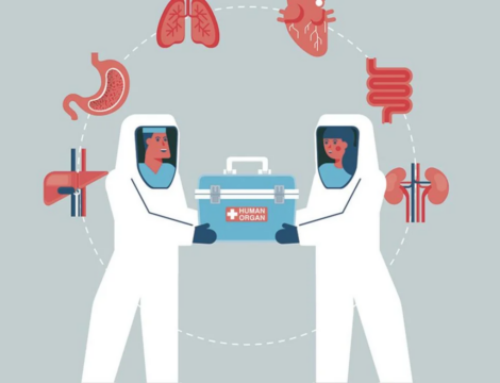The author argues that while conscientious objection is often morally respected, it becomes unethical when a doctor’s refusal to provide legally permitted care harms a patient: especially in cases where access is already limited or patients are vulnerable. They propose replacing moral objections with four criteria for guiding care: legality, resource justice, patient wellbeing, and patient autonomy, and suggest doctors should not be allowed to let their personal beliefs override those principles. Read More.






